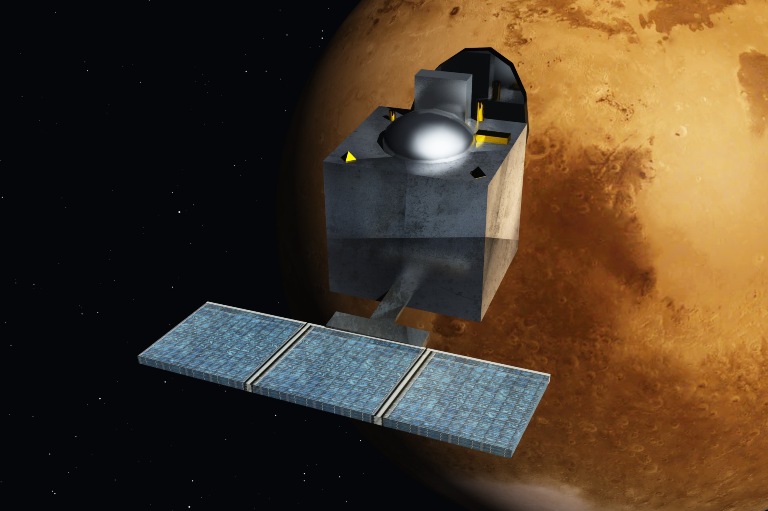
BENGALURU (PTI): As it prepares to celebrate the first anniversary of its spacecraft's tryst with Mars, ISRO has said the mission to the Red Planet will last for "many years" as there is not much of a "problem" and they have not had any failures so far.
"Mars (mission) is expected to last for many years now, because it has gone through solar conjunction also; so we don't see much of a problem," ISRO Chairman AS Kiran Kumar told reporters in Bengaluru on Monday.
"We had planned it only for six months. Then we were not expecting so much fuel to remain after we completed our insertion activity," he said.
Pointing out that about 35kg of fuel was still left, he said, "There is still a lot of fuel... all other subsystems are working fine and so far we have not had any failures."
Kiran Kumar was speaking on the sidelines of Prof Satish Dhawan Commemoration Lecture that was delivered by Dr K Radhakrishnan, a former chief of the Indian Space Research Organisation (ISRO).
The event was organised by the Institution of Engineers (India)'s Karnataka state centre.
Scripting space history, India on September 24, 2014, had successfully placed its low-cost Mars spacecraft in orbit around the Red Planet on its very first attempt, breaking into an elite club of three nations.
ISRO will mark the first anniversary of Mars Orbit Insertion by releasing an atlas containing photos taken by the colour camera on board the spacecraft.
"Currently, on September 24, we will be releasing one of the atlases -- the on taking images of Mars Colour Camera and also some results from the Methane Sensor.... then, on November 5, we are bringing out a book, 'Fishing hamlet to Mars'," Kiran Kumar said.
ISRO had launched the Mars Orbiter Mission's spacecraft on its nine-month-long odyssey on a home-grown PSLV rocket from Sriharikota in Andhra Pradesh on November 5, 2013, and it had escaped the Earth's gravitational field on December 1, 2013.
Asked whether the extension in MOM's life will reflect in the planning for fuel consumption in upcoming projects, Kiran Kumar said, "No, that cannot be said as there is always a contingency. In this particular case, it went through without any such contingency. In another mission, it could be very different."
The Mars spacecraft's life was extended for another six months in March due to surplus fuel, which ISRO now says can last for many years.
After India's much-hailed missions to the Moon and Mars that boosted ISRO's global standing in space technology, the next inter-planetary expedition to be launched is under discussion.
"Currently, next inter-planetary mission discussions are going on; studies are in progress. We have to go through the discussions, and then the cost," he said.
Asked whether the discussions are focused on any specific planet, he said, "No. That has to be decided based on the outcome of the study."
Stating that ATROSAT, a satellite for the first dedicated Indian astronomy mission aimed at studying celestial objects, is scheduled for launch on September 28, Kiran Kumar said, "What it means for India is this: it is one of the first scientific missions which will be available to the Indian researcher community as an observation opportunity."
ASTROSAT will be accompanied by six co-passengers -- one satellite each from Indonesia and Canada, and four nano satellites from the US.
ISRO is also working with the US on NASA-ISRO Synthetic Aperture Radar for a 2021 launch.
 Previous Article
Previous Article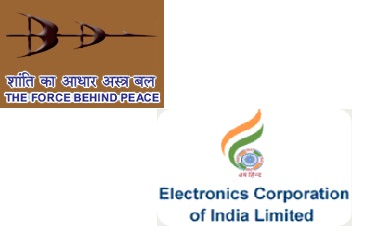 Next Article
Next Article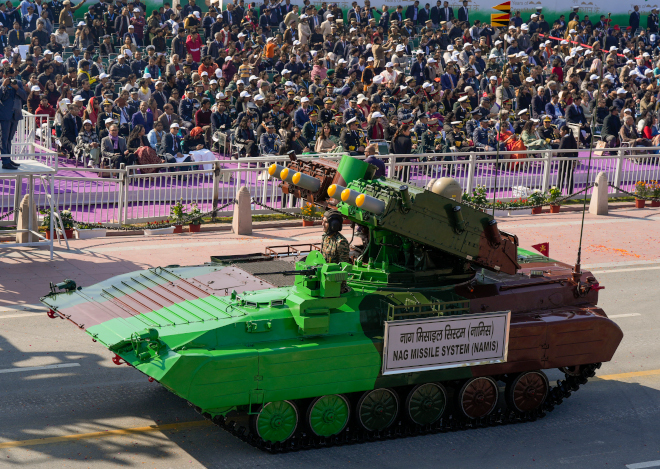
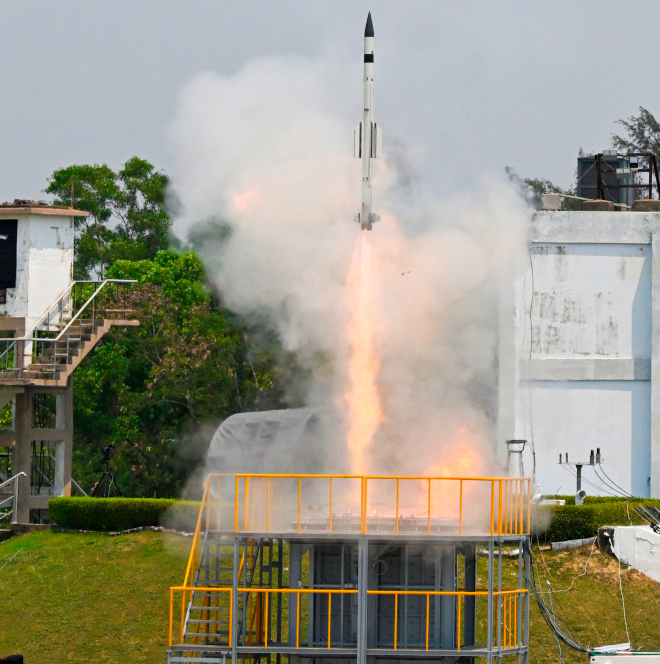
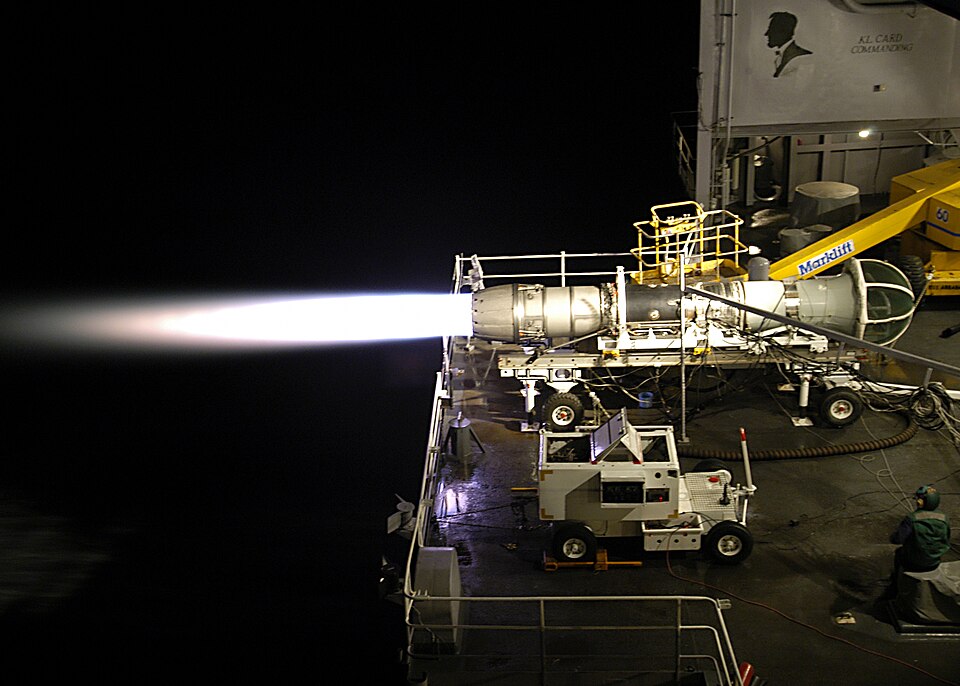
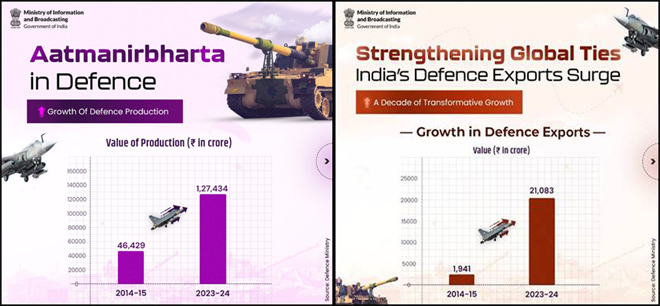










The Indian Air Force, in its flight trials evaluation report submitted before the Defence Ministry l..
view articleAn insight into the Medium Multi-Role Combat Aircraft competition...
view articleSky enthusiasts can now spot the International Space Station (ISS) commanded by Indian-American astr..
view article